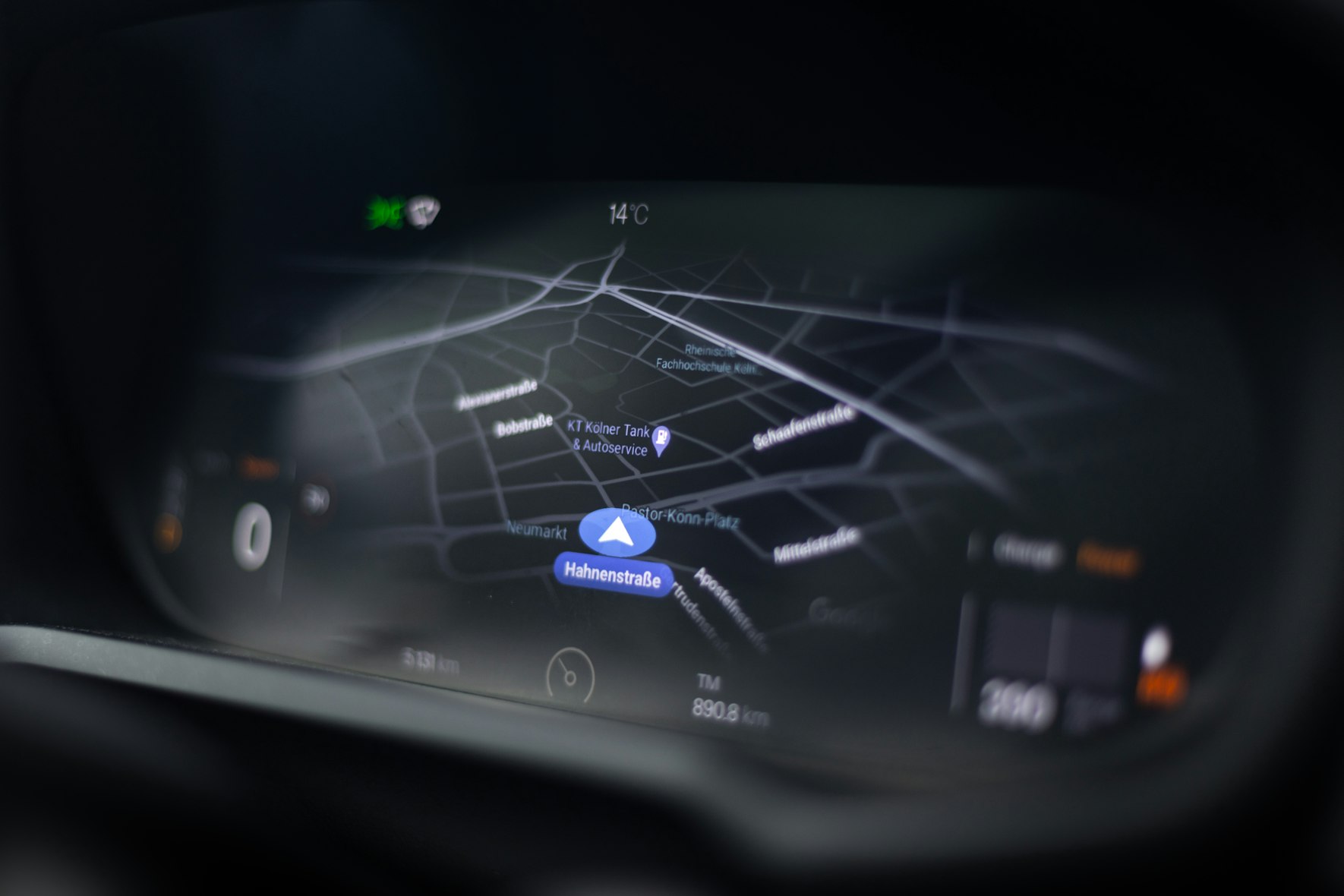- Published on
- Updated on
The Role of GPS Technology in Modern Education
- Authors
Technology is changing the world. Not only the way we travel, find new places and maintain the connection with our friends, but the way we learn too. GPS technology is nothing new to the market. It has already existed for a couple of years and it has enabled us to discover new places and travel from one point to another easily.
GPS is now integrated with cars, but we also have access to many apps that make traveling easier, such as Google Maps or Waze. It just makes navigation easier. But how can GPS technology change modern education? Does the research of it add something to education? Can it enhance it? How does it contribute to this? Let’s find the answers to these questions together.
Enhancing Field Trips
GPS technology helps students to get the most out of field trips by providing them with an interactive and immersive learning experience. Students can receive real-time information about the location, landmarks, and natural features they are visiting. Which enhances their understanding of the location and provides them with a more enriched learning experience. Students who love traveling might focus on this more than on their assignments. They can get online assignment help that will actually contribute to their learning in college. This will benefit any student tremendously. As these online services enhance learning, so does GPS technology. It can be used for navigation and safety during field trips. Navigating unfamiliar terrain or making sure you do not get lost or separated from the group are its advantages. Also, students can use these devices to collect data on different aspects of the environment, such as temperature, weather conditions, or altitude. Which can help them gain a deeper understanding of the environment.
Location Based Learning
GPS technology has greatly enhanced location-based learning by providing students with accurate and real-time information about their location. It can be used to create customized learning experiences based on the location of the students. For example, students can receive location-specific information on historical landmarks, monuments, and natural features. Which makes the learning experience more personalized and immersive. At the same time, students can interact with their surroundings and learn about different features in real time. For example, they can receive information about the history, culture, and natural features of the location they are visiting.
Safety and Security
GPS technology can also be used to enhance student safety and security. It can track school buses in real time. This ensures that the buses are operating within a safe speed limit and that they are following the designated routes. School administrators can monitor the location of the buses and ensure that they are on schedule, reducing the risk of students being left behind or stranded. And in the event of an emergency, GPS technology can be used to locate and respond to the situation quickly.
With GPS-enabled devices, emergency responders can quickly identify the location of the emergency and respond accordingly. It can also be used to monitor the safety of students during field trips and other outdoor activities. With these devices that are based on GPS technology, teachers can monitor the location of the students and ensure that they do not wander or get lost. Which is tremendously helpful, especially during field trips.
Virtual Tours
These virtual tours powered by GPS technology can provide students with a realistic and immersive experience. An experience that simulates an actual visit to the location. Students can explore the environment in 3D, view landmarks and monuments, and learn about the history and culture of the location. Which, of course, helps them learn more about distinct locations around the world.
Which means expanding their knowledge and views on culture, architecture, and many more. It is a cost-effective opportunity many schools should use. As it is not always possible to take students on a field trip. However, the GPS technology and these virtual trips will allow schools and students to save the money they would otherwise spend on transportation, accommodation, and so on. But they will still have the benefits of going to another place wherever in this world, even though it is only virtual.
Conclusion
In conclusion, GPS technology has significantly enhanced modern education. It provides students with accurate and real-time information about their surroundings. GPS technology enables customized and interactive learning experiences, navigation, location-based data collection, and virtual tours. It enhances the safety and security of students during transportation, field trips, and outdoor activities.
Bio lines: Percy J. Bunnell is a content writer and blogger. Passionate about traveling and technology, he usually writes articles on these topics. He loves reading and hiking.
Result: 0, total votes: 0
I'm Mike, your guide in the expansive world of technology journalism, with a special focus on GPS technologies and mapping. My journey in this field extends over twenty fruitful years, fueled by a profound passion for technology and an insatiable curiosity to explore its frontiers.

